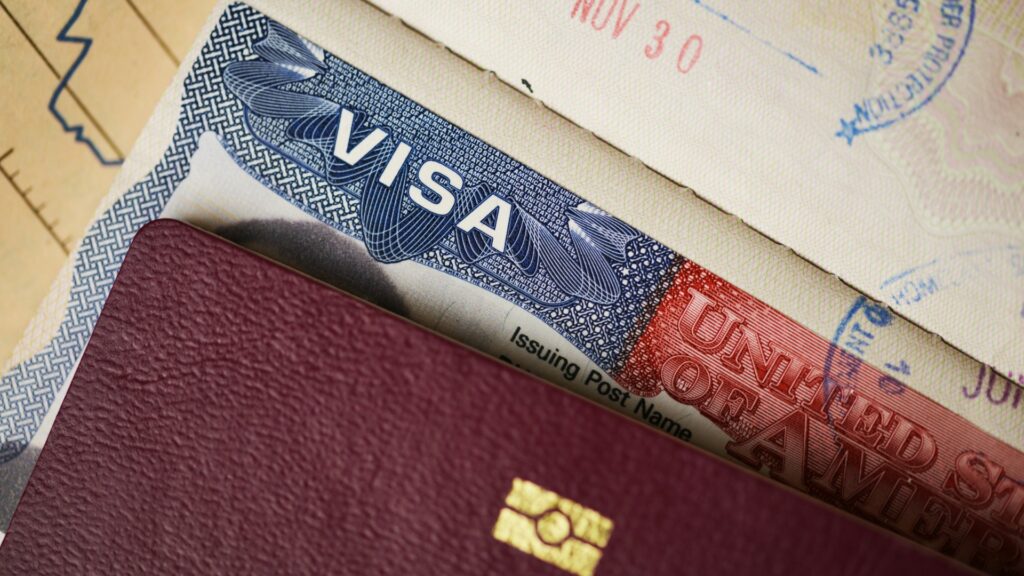The Department of State has issued updated guidance related to National Interest Exceptions for certain travelers in connection with Presidential Proclamations 9984, 9992, 10143 and 10199, which suspended entry of foreign nationals who have been physically present in more than 30 countries experiencing high levels of COVID-19 within 14 days preceding entry into the United States.
Previously, National Interest Exceptions were valid for only one entry to the United States, which had to be completed within up to 30 days of issuance. Individuals had to reapply for a new NIE for each subsequent U.S. re-entry.
However, the DOS changed the policy and new guidance was published on July 6. National Interest Exceptions will now be valid for multiple entries into the United States for up to one year from the date of issuance “as long as they are used for the purpose under which they were granted.”
According to the guidance, this new policy also applies retroactively for those who have received a National Interest Exception (NIE) within the last 12 months, thus allowing them to travel to the U.S. for the same purpose on the same NIE.
“The 12 month and multiple entry extension applies retroactively to all existing National Interest Exceptions approved in the last 12 months,” the announcement from the DOS read. “Travelers who have been approved for a National Interest Exception may travel to the United States using their existing NIE if it was approved in the last 12 months and if the purpose of travel is the same as the purpose for which it was granted.”
Amongst other exemptions, individuals who have been physically present within 14 days prior to entry into the United States in China, the 26 nations in Europe’s “Schengen Area,” the United Kingdom, Ireland, Brazil, Iran, India and South Africa may be eligible for a National Interest Exception if they are:
- Traveling to provide vital support or executive direction to critical infrastructure or for significant economic activity
- Traveling due to extraordinary humanitarian circumstances
- Traveling in support of national security or public health
- Journalists
Additionally, in most circumstances, students with F or M visas as well as individuals with immigrant or fiancé visas are automatically considered for NIEs and do not need to obtain approval in advance from an embassy or consulate.
Individuals who may qualify for a National Interest Exception should consider consulting with experienced immigration counsel. An individual who travels to a restricted country and fails to obtain a National Interest Exception, unless otherwise exempt, will be required to quarantine for 14 days in a non-restricted country before entering the U.S.
If you are subject to the Presidential Proclamations and have an approved NIE, the attorneys at Garfinkel Immigration Law Firm recommend you travel with a printout of your NIE approval and the updated DOS guidance in case it is needed for the airlines and/or port-of-entry.
If you have unavoidable international travel, Garfinkel Immigration Law Firm continues to recommend that you maintain flexibility in your international travel plans due to evolving rules and restrictions. While traveling, you should continually monitor all travel restrictions, border closures, executive orders, COVID-19 requirements, etc. as these may impact your travel. The CDC also still requires all air travelers to present a negative COVID-19 test before boarding their flight to the U.S.

